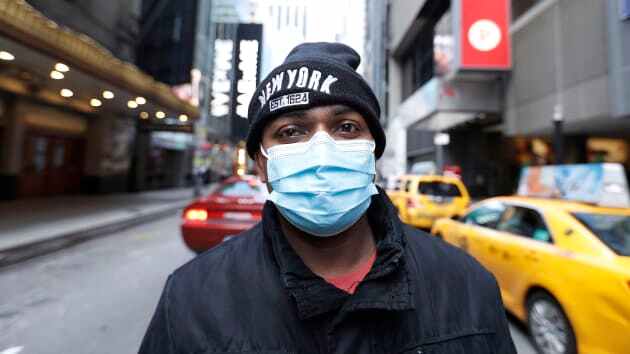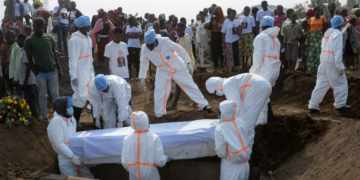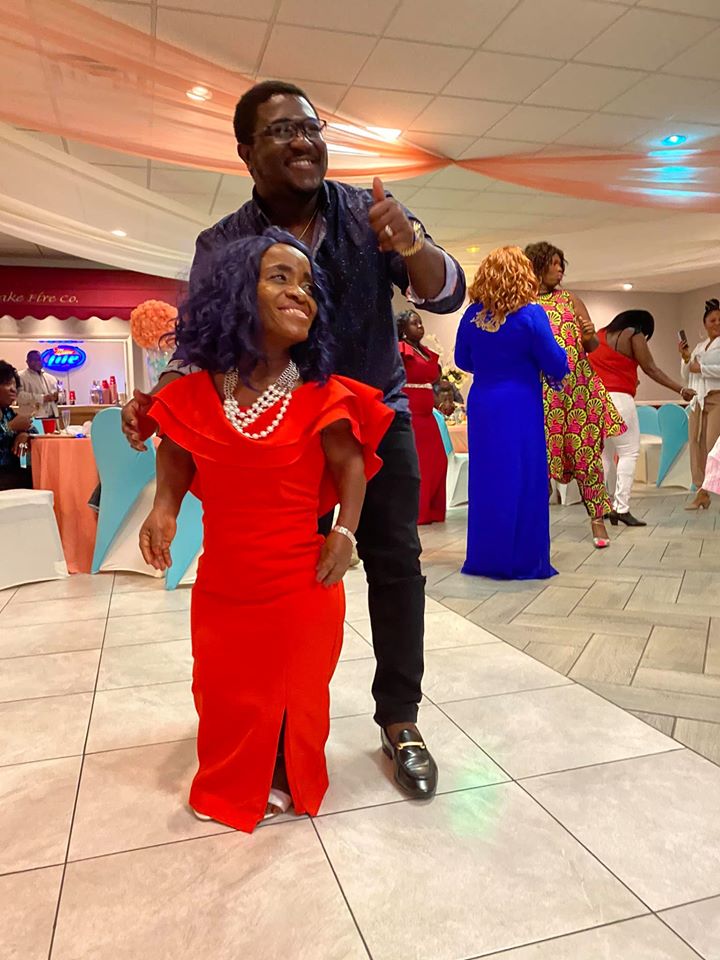Don’t do these five things.
 Every person can do their part to prevent the spread of the new coronavirus, known as COVID-19 (SARS-CoV-2). But, in times of uncertainty, it’s easy to make mistakes.
Every person can do their part to prevent the spread of the new coronavirus, known as COVID-19 (SARS-CoV-2). But, in times of uncertainty, it’s easy to make mistakes.
The biggest problem is if you spread the virus to other people, especially those with compromised immune systems. “If you are infected and come into contact with other people, you put those people at risk.”
Here are five blunders that could exacerbate the current outbreak of coronavirus disease 2019, or COVID-19.
1. Not quarantining if you’re sick
If you have COVID-19 or suspect that you do, but have mild symptoms, including mild fever, cough or sore throat, you should self-quarantine, the Centers for Disease Control and Prevention (CDC) recommends. Those with more serious symptoms, such as high fever, weakness, lethargy or shortness of breath, should seek medical care.
Someone who is actively sick with COVID-19 can spread the illness to others that is why these patients are isolated either in the hospital or at home (depending on how sick they are) until they are better and no longer pose a risk of infecting others.”
COVID-19 Outbreak: Death toll exceeds 5000
It’s important to take these quarantines seriously. If you live with other people or even pets, remember to quarantine yourself from these individuals, too. There are no reports of pets becoming ill with COVID-19. If you must care for your pet or be around animals while you are sick, wash your hands before and after you interact with pets and wear a face mask.
2. Stockpiling face masks or respirators
Wearing a regular surgical mask does not protect against the coronavirus. That’s because these masks only loosely fit over the mouth and nose (they don’t protect the eyes) and don’t block tiny viral particles, including SARS-CoV-2. In contrast, the N95 respirator can offer protection, but the public shouldn’t stockpile these, either.
In all, the best way to beat the virus is by changing how we behave.
You’re less controlling the virus than you are controlling your actions. You can’t order a virus to do something. You can’t negotiate or reason with it. It’s not intimidated by a tweet storm. A virus is going to do what a virus is going to do.
3. Not practicing good hygiene
This may sound obvious, but practicing good hygiene can be a chore, so we’ll repeat it here. CDC recommendations include:
- Avoiding close contact with people who are sick.
- Not touching your eyes, nose and mouth.
- Staying home if you are sick.
- Covering coughs or sneezes with a tissue, then tossing that tissue in the trash.
- Cleaning and disinfecting frequently touched objects and surfaces using regular household cleaning sprays or wipes.
- Wearing a face mask if you’re showing symptoms of COVID-19, or if you’re a health care worker or a caregiver of someone who is sick.
- Washing your hands with soap and water for at least 20 seconds. Or using an alcohol-based hand sanitizer that has at least 60% alcohol.
These measures have been shown to reduce transmission of respiratory illnesses by 21%, according to a 2008 meta-analysis in the American Journal of Public Health. Other studies show that programs promoting hand washing reduces absenteeism in school-aged children.
4. Seeking alternative treatments
If people are sick, but pursue so-called alternative treatments or natural therapies rather than quarantining themselves or seeking scientifically backed medical care, they could “pose an additional risk” to not only themselves but the entire society.
Right now, there is no vaccine for COVID-19, according to the CDC. So, beware of claims of cures, including eating garlic, downing elderberry syrup, guzzling vitamin C, drinking industrial bleach, having regular sexual intercourse and drinking more alcohol — all these ideas have been debunked, according to FactCheck.org, a project at the Annenberg Public Policy Center at the University of Pennsylvania.
5. Believing conspiracy theories but not health professionals
Social media and even some news sites are swarming with conspiracy theories and misinformation, and that’s despite the efforts that some companies, including YouTube, Facebook and Amazon, have taken to pour water on the flames, according to The Washington Post.
If people believe these theories — for instance, that the virus is a hoax or not a serious health threat — “they may be ill and not quarantine themselves.”
In addition, be skeptical of theories that sprout close to home. For example, people shouldn’t listen to “Uncle Obinim’s idea of what you ought to do as opposed to what the CDC says you should do.”


























































Discussion about this post